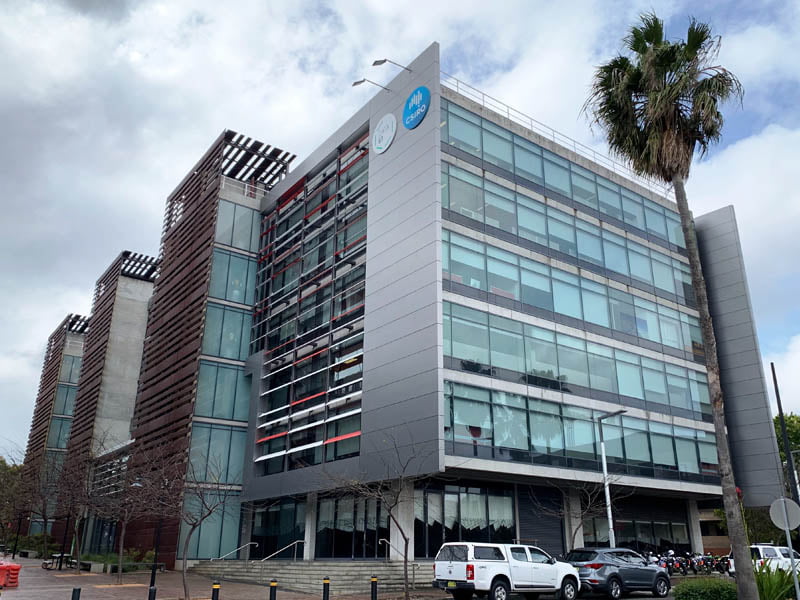The research team behind the extremely hard-to-hack microkernel seL4 has received lifeline funding to the end of the year from the University of New South Wales. The team, known as Trustworthy Systems at the CSIRO, was sensationally dumped by the agency earlier this month as part of a restructure that will see up to 70 jobs cut.
The new funding from UNSW School of Computer Science and Engineering will allow most of the Trustworthy Systems team – more than a dozen at the CSIRO and a similar amount at UNSW – to remain together and build out the technology’s ecosystem over the next year through its independent seL4 Foundation.
The money will allow the team to bridge a “critical” period between the shock disbanding by the CSIRO and scaling up the foundation, according to UNSW Scientia Professor and seL4 developer Dr Gernot Heiser.
“This gives us the certainty that we can keep the team together,” he told InnovationAus.

Several of the core team could leave, however, due to redundancies, but Dr Heiser hopes to keep them involved in the ecosystem.
“There will be some leakage of skills which we’re trying to do our best to address by getting other people which left [the team] recently back in, etcetera. But generally, this puts us in a really, really good position compared to what we were on a week ago.”
The seL4 microkernel allows ironclad separation between software systems so that hackers cannot access the critical parts of the operating system by entering through a poorly protected hatchway. The Australian team behind it are considered world-class researchers.
But the CSIRO’s Data61 business unit pulled funding from the Trustworthy Systems projects earlier this month as part of a new strategy that is more focused on artificial intelligence. The agency said the technology was “mature” and “well supported outside the organisation”.
Dr Heiser has challenged this claim, however, saying there is plenty of research left to be done on the technology and the ecosystem to support it.
“Fact is that, while seL4 is mature enough to be deployed in the real world, there’s plenty of fundamental research work left on seL4 itself, and there is far more research left on how to achieve real-world trustworthy computer systems,” he wrote on his personal blog on Monday.
“It’s not that just sprinkling a bit of seL4 fairy dust over a system will make it trustworthy.”
Several international buyers quickly lined up, hoping to bring the research team in-house, including a Chinese auto manufacturer and Singapore’s national R&D agency. InnovationAus understands there was at least one more large corporate entity expressing interest in taking over the team.
But funding through UNSW will keep the open-sourced technology more widely deployed and allow the completion of several ongoing seL4 projects.
“Right now, the [seL4] skill set is only the Trustworthy Systems team,” Dr Heiser told InnovationAus.
“That would have been the real disaster if the team dispersed. A lot of these projects that are ongoing, or about to happen, they can’t happen without this sort of critical mass of skills.
“And it still boggles my mind that someone would destroy that.”
The changes mean there will be little seL4 skills left at CSIRO, which still has to deliver several multimillion-dollar contracts involving the technology.
A CSIRO spokesperson last week told InnovationAus the agency will “work to minimise any impacts on partners or stakeholders” resulting from the changes.
As part of a new focus on artificial intelligence and other areas, the CSIRO’s Data61 will be downsizing other sections of its workforce, with up to 70 jobs and seven research programs at risk.
While the agency said headcount to eventually return to current levels it expects that to take up to two years.
The CSIRO Staff Association described the decision as a “shock” and particularly concerning because of the agency’s increased funding and importance to the federal government’s digital agenda.
Dr Heiser said within a year he hopes to have ramped up the seL4 Foundation and attract more funding for discreet projects.
Do you know more? Contact James Riley via Email.

